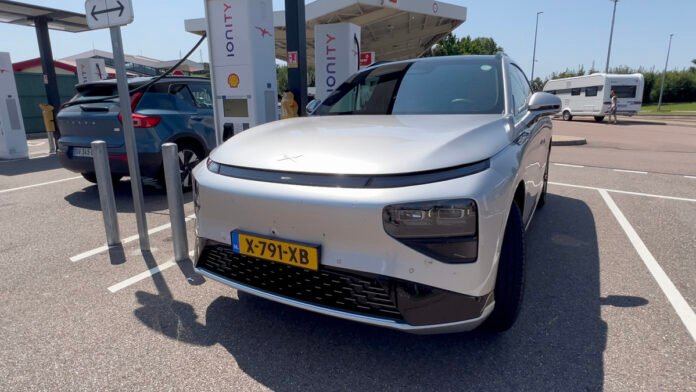So it’s a little ritual when I bring the press cars back to Paris I try to perform travel as soon as possible from our new offices in Nîmes.
With the Peugeot E-3008, we took 8.20 for 720 km, or 1.30 extra compared to a thermomobile that would not stop. That’s still a lot, especially since charging was quite slow with the Peugeot, which is not the case with our XPeng G9.
XPeng G9: charging in 20 minutes!
As we saw in the full XPeng G9 review, This is the fastest charging electric car we’ve ever tested!
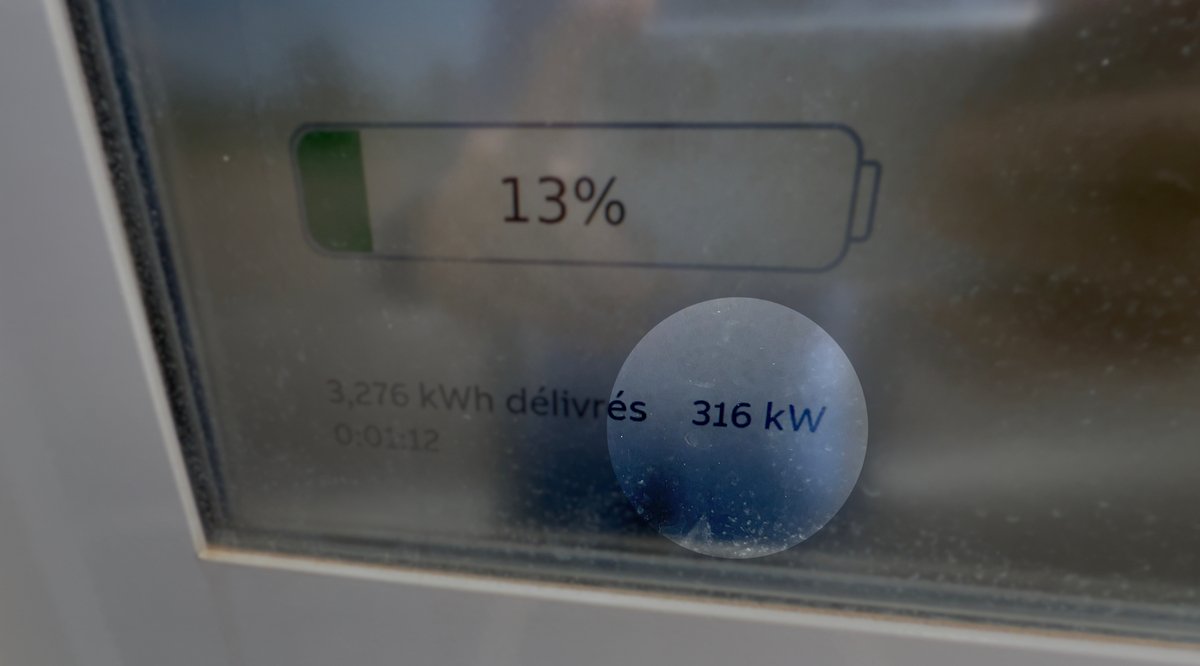
Thanks to its 800V platform, we exceeded 300 KW of power on an Ionity terminal (between 315 and 320 exactly)record! The 10-80% takes between 20 and 23 minutes, knowing that the battery is much larger than average (98 kWh). A full charge (10-100%) takes approximately 45 minutes – as much as a 3008 for the 10-80% (we’re not kidding).
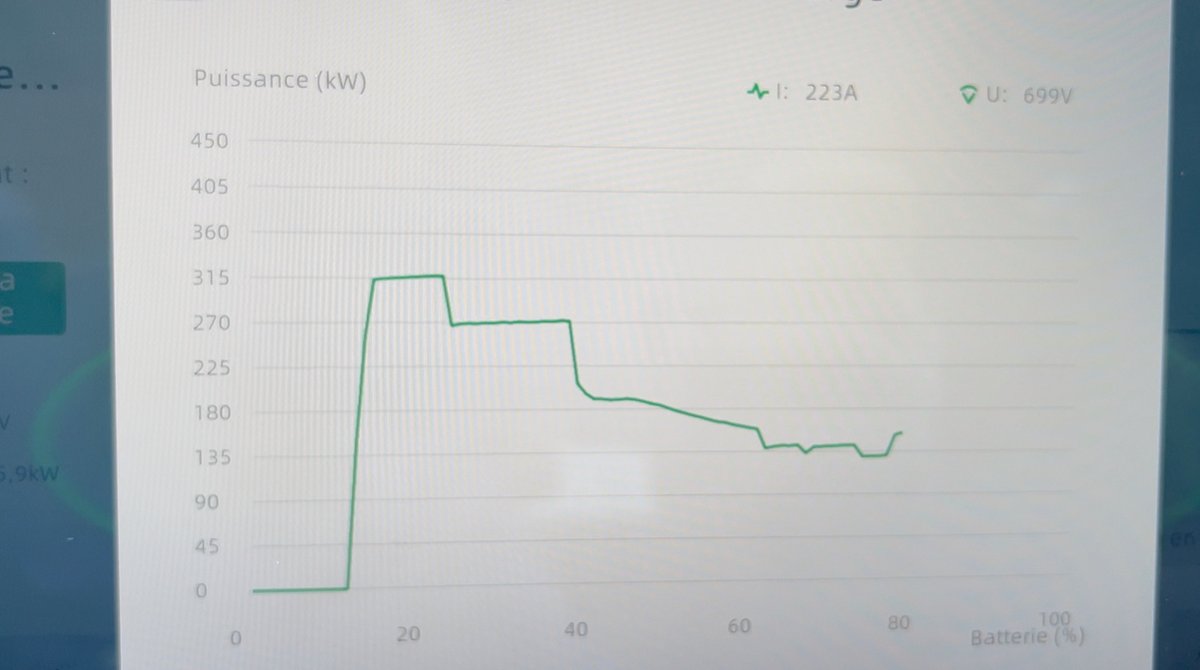
The curve is exceptional between 0 and 50%and then settles. If you take a break of only 10 minutes, you have already replaced more than half of the accumulators! That’s even better than the Kia EV9, which took 24 to 26 minutes for the same operation.
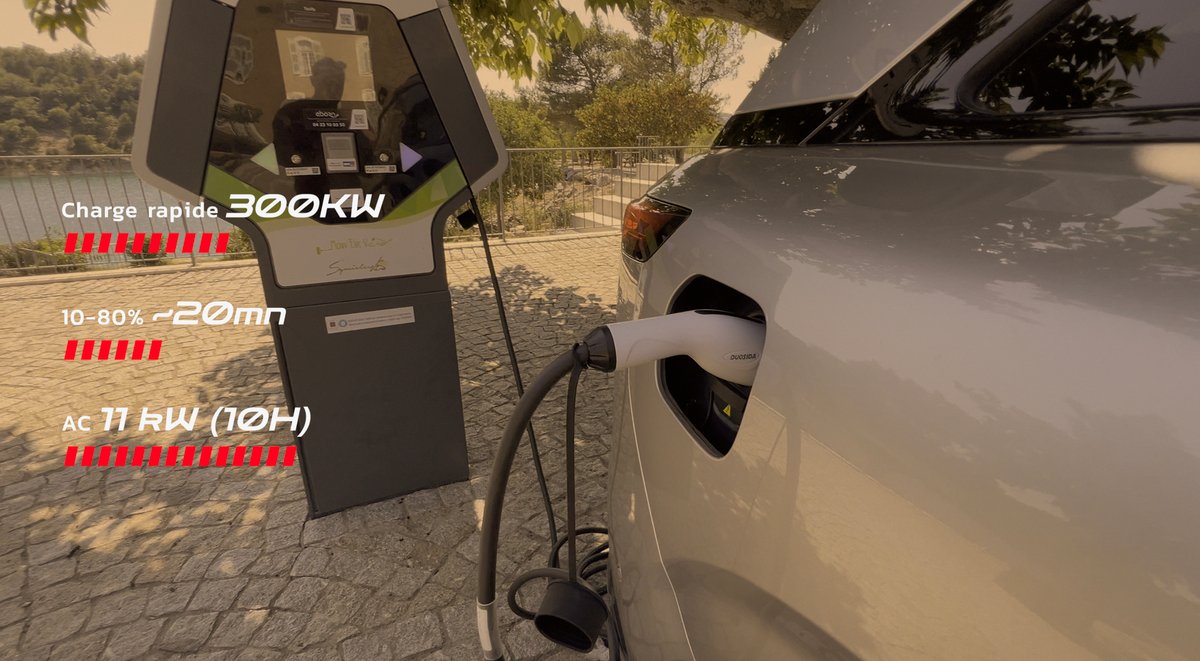
Today, only a few models can compete, especially the Korean ones from Hyundai/Kia (Ioniq 5/6, Kia EV6/EV9) or the PPE platform (Porsche Taycan/Macan, Audi Q6/A6). Even Tesla isn’t doing so well, the 800V only arrives with the Cybertruck and has yet to prove all its capabilities in this area.
Only one stop after 428 km!
Nîmes-Paris, 696 km in approximately 6 hours and 45 minutes, this is the estimated travel time by Google, non-stop:
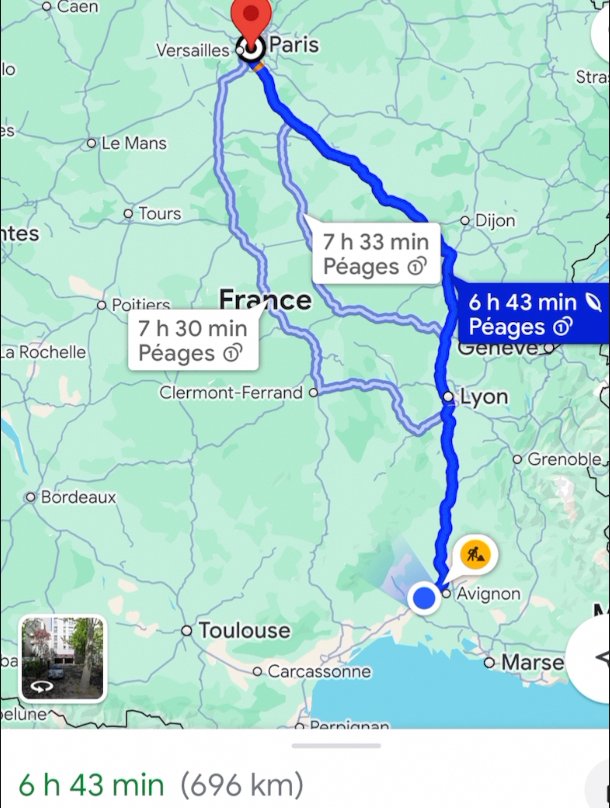
On departure at 7.30 the Google planner estimated an arrival around 14.15 in Paris:

Equipped with a theoretical autonomy of 570 km WLTP, our XPeng G9 will manage to complete 428 km (!) highway, complying with the speed limits, with still a battery margin of 7% or approx. 25 km motorway:
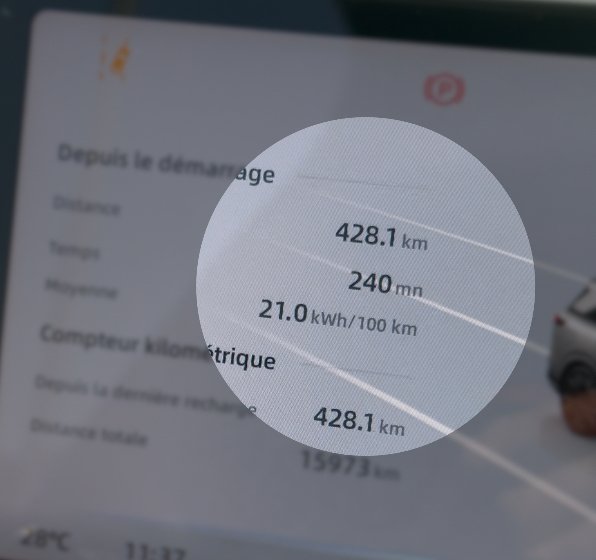
Note ultra-reasonable consumption of 21 kWh/100Kma feat for a large electric SUV of almost 2.4t. You should know that some much smaller cars easily consume 22 to 24 kWh per 100 km.
How long does it take to drive 700 km?
Just to ensure the remaining distance (255 km), we recover 80% battery, that is a total shutdown in 24 minutes.
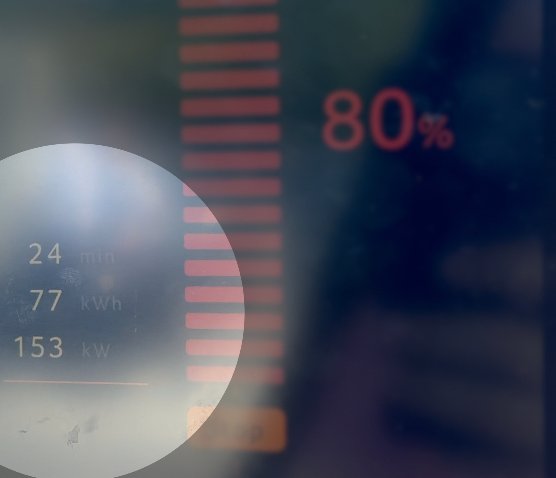
We could have listened to the break again after 15 minutes (for 300 km of autonomy), but we still had to eat, go to the toilet and have a little coffeea good twenty minutes in total. Be aware that road safety recommends a break every 2 hours and we have already driven for more than 4 hours without stopping.
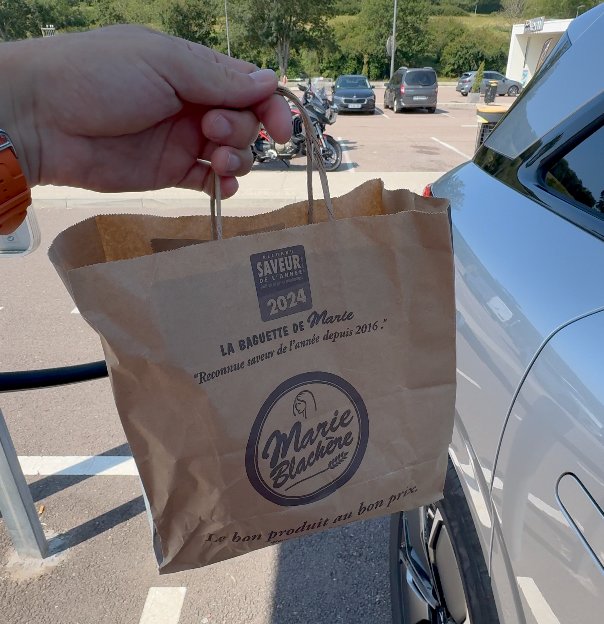
We are finally coming 14.30 in Paris, or exactly 7 hours to cover 700 km, including stops! At the moment this is the absolute record for an electric car, most of the vehicles that we have been able to test have actually required at least 2 charging stops for such a distance.
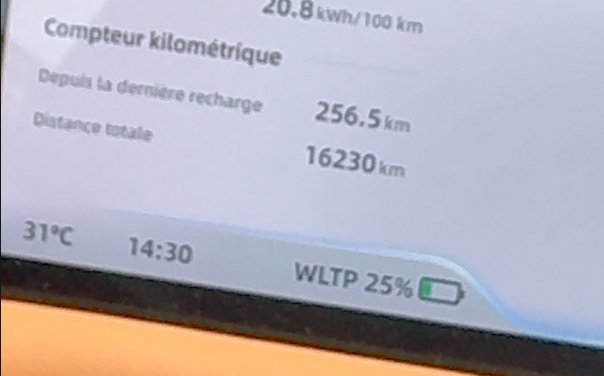
An impressive record!
Can we finally say that the electric car is as fast as the thermomobile? The answer is no, because with a diesel car the 700 km can be covered in one go, and we could therefore have saved about 20 minutes on our journey. The electric one does not yet offer a real autonomy of 700 km on the highway.
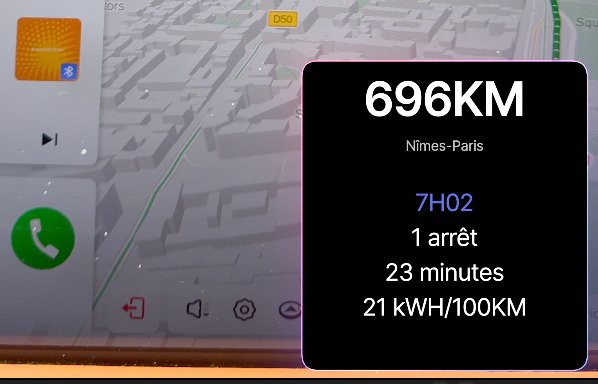
On the other hand, the difference between this XPeng G9 and a diesel is almost negligible if we assume that a normal person must take at least one break over 700 kmat least to buy food or do a little shopping.
Finally, let us point out that our journey will have cost us:
• an ionic charge of 76 kWh for only €25.25 thanks to the Passport Power offer (33cts/kWh)
• A total of €38 for 700 km
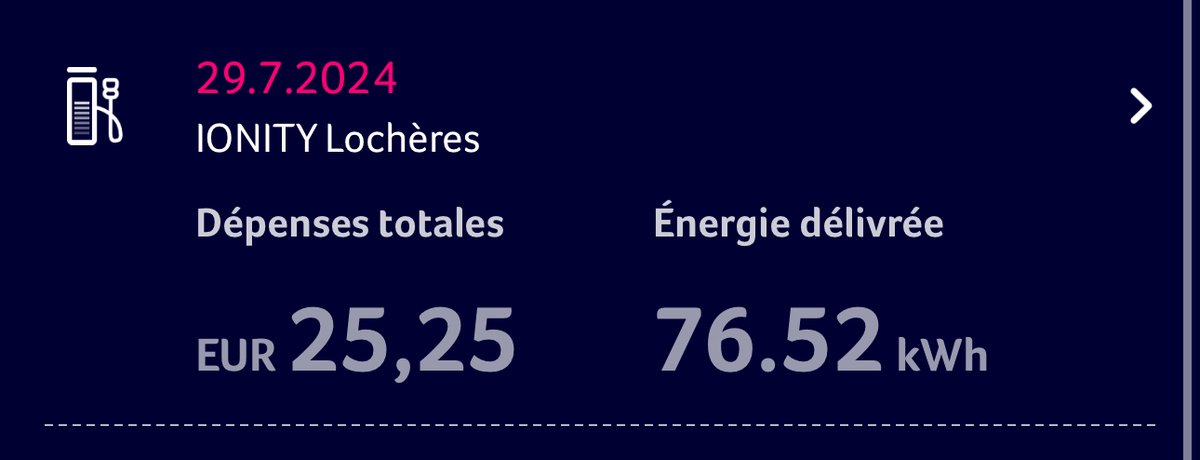
A diesel that consumes 5L/100 km at 1.65-1.70€/L therefore requires around 60-70€, even expect €100-120 for a petrol vehicle for the same journey – assuming it has sufficient autonomy with a single tank. Electric therefore remains at least half as expensive as thermalnot to mention maintenance, fluids, etc.
